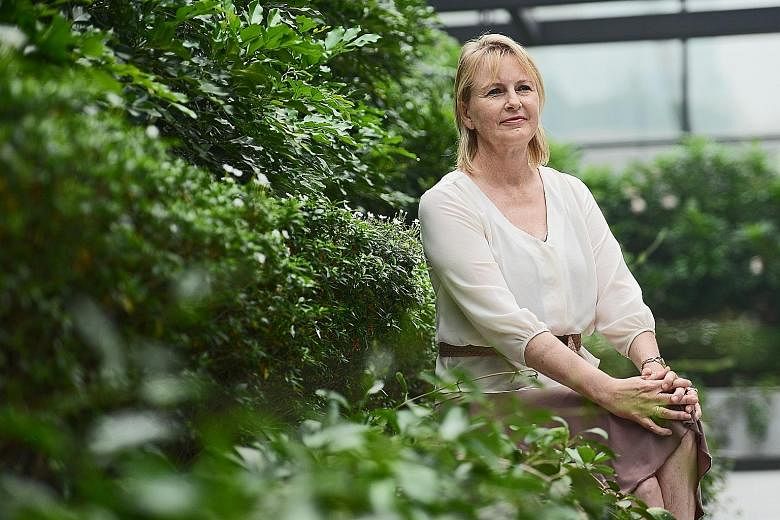Dengue cases are on the rise in Singapore despite efforts to eradicate the Aedes mosquito that carries the virus.
In fact, dengue fever has already claimed two victims here this year, the latest being a 60-year-old Indian national who was in Singapore to visit her son. She died on Saturday.
New research has shown that as the Republic gets more crowded, the chances of a person getting infected with the virus increase.
The study, which looked at three factors believed to be behind the rise of dengue here, has fingered population growth and the resulting increase in urban density, as the main driver, causing 86 per cent of the increase in dengue cases.
The study used mathematical models to analyse data, such as annual population size, mean annual temperatures and yearly figures of air passengers arriving from South-east Asian nations that are dengue-endemic.
Higher temperatures, often cited as the reason for higher dengue transmisson rates by the authorities here, contributed the remaining 14 per cent.
The third factor, incoming air passenger arrivals from dengue-endemic countries in South-east Asia, was found to have no correlation with disease incidence.
The study, which analysed data from 1974 to 2011, was done by Professor Annelies Wilder-Smith, who studies infectious diseases at the Lee Kong Chian School of Medicine in Nanyang Technological University.
"Dengue is a temperature-sensitive disease and, in some ways, a climate-driven disease. But temperature alone cannot explain all the observations we have seen about dengue incidence here," she said.
The authorities here say that during the warmer months of June to October, there is a higher transmission of dengue in Singapore due to accelerated breeding and maturation cycles for the Aedes mosquito and shorter incubation periods for the dengue virus.
But Prof Wilder-Smith added that vector-control measures, such as fogging and regular inspections of mosquito-breeding sites by National Environment Agency officers, have helped cut the number of mosquitoes over the years.
Yet the number of dengue cases is going up. Figures from the Ministry of Health show that a record high of 22,170 laboratory-confirmed dengue fever and dengue haemorrhagic fever (or severe dengue) cases were reported in 2013 - more than four times the 4,632 cases in 2012.
Prof Wilder-Smith noted that the low number of cases in the past could be due to under-reporting. But taking this into account still did not completely explain why numbers have gone up so much.
She said: "We have very good vector control here... So you start to think, why is it that the number of cases is increasing despite our ability to bring our mosquito populations down?
"Urbanisation creates new habitats for the Aedes mosquitoes to breed. Closer proximity between humans also means the mosquitoes get more blood meals in the same distance."
With more roads and buildings, this results in an urban heat-island effect, which exacerbates the long-term effect of climate change and rising temperatures.
Prof Wilder-Smith pointed out that since urbanisation is a growing phenomenon, not just in Singapore but also the rest of the world, the study highlights the importance of good urban planning, and the urgency of a dengue vaccine.
The first such vaccine, marketed by French pharmaceutical company Sanofi, is expected to hit the shelves here this year.


